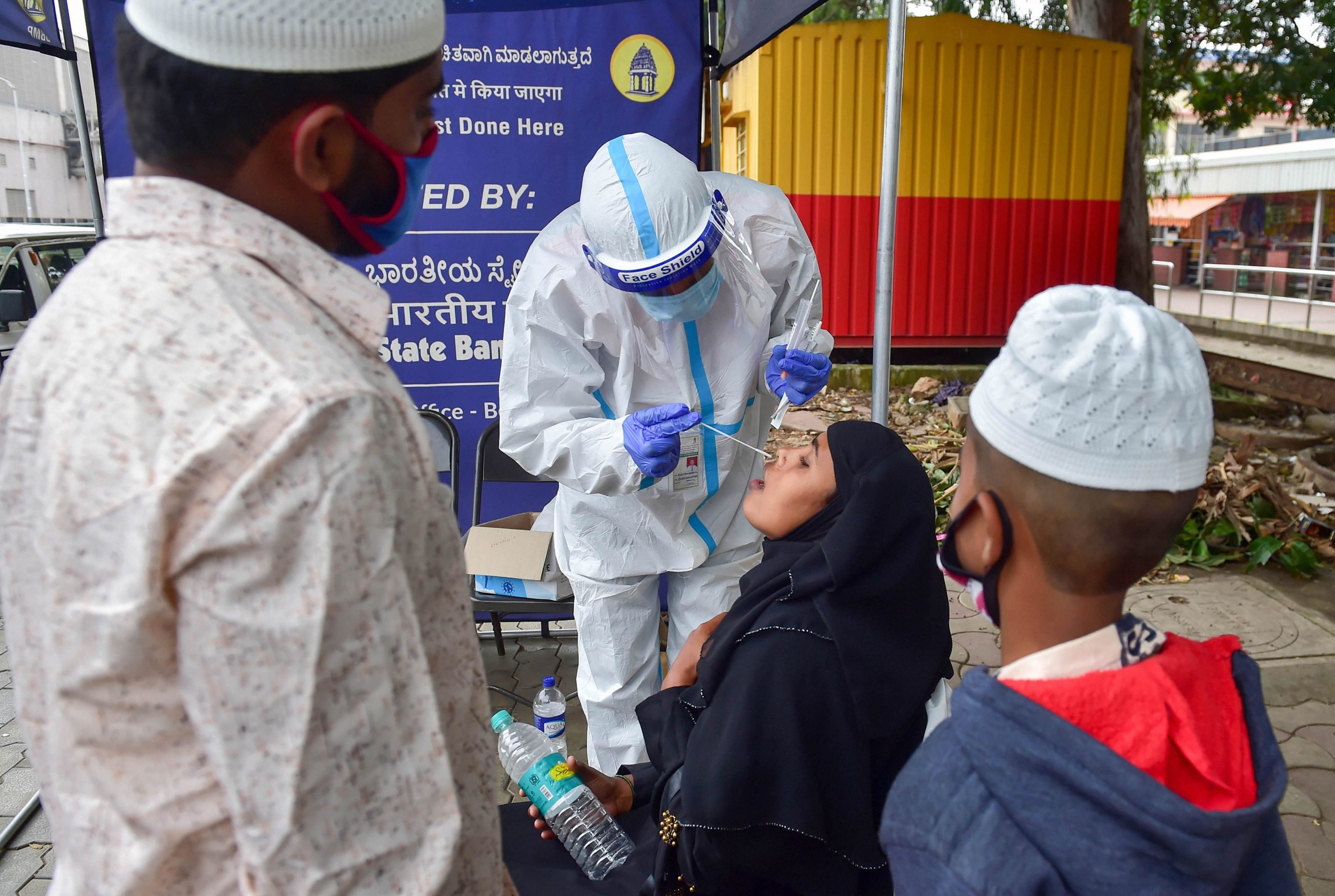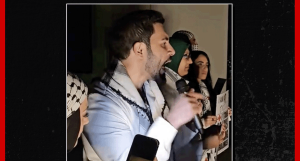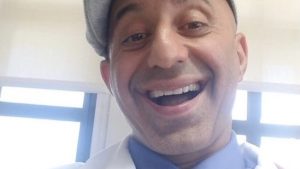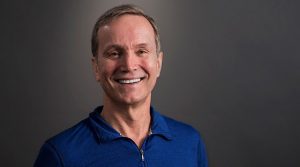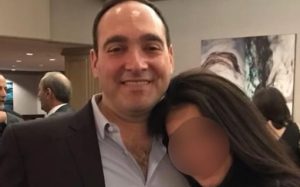India reported its first two cases of infection by the omicron variant of coronavirus on Thursday. Two males, aged 66 years and 46 years, tested positive for the omicron variant in Bengaluru, Karnataka. One of them is an international
traveller who has recently been in South Africa, where the variant was first
detected, whereas the second case was detected in a Bengaluru-based doctor who
has no recent travel history. Hence, it is believed to be the first case of
local transmission of the omicron variant in India.
Also Read: What is Omicron?
Amid this concern, Dr Vishal Rao, a member
of Karnataka’s COVID task force, Genomic Surveillance Committee, explained how
the Bengaluru doctor has been infected. In an interview with NDTV, Dr Rao has
also suggested measures to curb the spread of omicron.
“The way the virus is intermingling, there could be potential
points at which there could have been some form of interaction with a foreign
traveller,” Dr Rao said.
However, he ruled out that the omicron
variant of coronavirus has entered Karnataka earlier than reported by the
authority. Dr Rao said the authorities were “very, very vigilant” and
that there is “no way we got omicron retrospectively”.
Also Read: WHO classifies new Covid strain, renamed Omicron, as ‘variant of concern’
Asked what the state government should do
to restrict the spread of the variant further, Dr Rao said curb is inevitable
to prevent the variant from increasing the number of positive cases.
“Karnataka has been able to keep the
percentage phenomenally below 1%. They have a daunting task to maintain this.
No matter what investment is done on healthcare systems, ventilators, oxygen,
this approach (curbs) would be much smarter and safer,” he said.
Speaking about the role of citizens in
curbing the spread of omicron, Dr Rao said lockdown is “the last approach
of enforcement”. “The citizens’ role is pivotal to come forward and
take responsibility for transmission and ensure Covid-appropriate behavior.”
Also Read: Mumbai airport to quarantine South Africa arrivals, conduct genome sequencing
Dr Rao has, however, categorically said
that the two positive cases did not indicate the start of the third wave in
India. “As of now, no indications are there that this is the third wave. But
this is a signal for people to say, the war is far from over. Let us not make
any premature claims of victory at this juncture,” he said.

